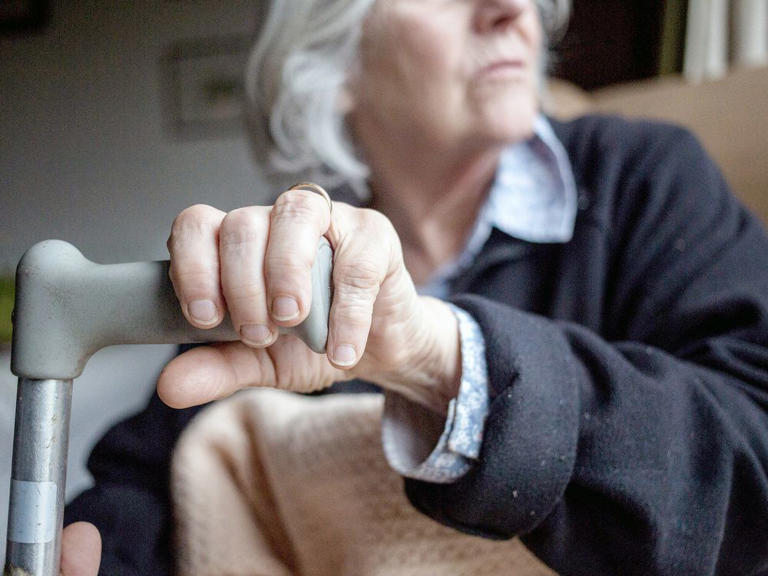Opinion by Helen Hirsh Spence - Oct 6,2022
The United Nations International Day of Older Persons, an often unacknowledged annual event, took place Oct. 1.

The pandemic and the toll at long-term care homes made it impossible to ignore the growing share of the population aged 65 and over.© Provided by Leader Post
It was first designated by the UN General Assembly in 1990, followed by the adoption of the UN Principles for Older Persons in 1991.
In 2002, the Second World Assembly on Ageing adopted the Madrid International Plan of Action on Ageing, which was intended to respond to the opportunities and challenges of ageing in the 21st century.
Unlike with other UN population groups such as women and children, there hasn’t yet been a convention related to the rights of older persons, even though the world’s population aged 60-plus is increasing exponentially and will triple by 2050.
This will exceed a population of more than two billion, according to the World Health Organization.
The subject of age and aging would have remained invisible had it not been for the global wakeup call known as COVID-19 , which thrust the world — especially the western world — into a serious reality check.
When a significantly large number of older adults were dying and their well-being in long-term care facilities was in the media spotlight, the fact there were more people over the age of 65 than under the age of 14 in Canada (according to Statistics Canada) was no longer a story that could be sidelined. AGEISM ALSO APPLIES TO 13 -20 YEAR OLDS
Ageism — the prejudice or stereotype based on age, towards old and young — is so prevalent, pervasive and commonplace, it has become socially acceptable. Unlike other “isms,” ageism intersects with ableism, racism, sexism and so on and represents prejudice against our future selves.
Ageism has been so normalized that it is absent from 92 per cent of global diversity, equity and inclusion (DEI) strategies, according to the U.S. Equal Opportunity Employment Commission.
The pandemic also precipitated what some refer to as the Great Resignation or the Big Quit, the severe shortage of talent that characterizes almost every sector.
But when Bell Media decided to terminate the contract of CTV news anchor Lisa LaFlamme , the dismissal raised awareness about ageism worldwide, and is now a topic that can no longer be ignored.
It’s a conversation we all need to have because one out of four Canadians will be over 65 by 2026 and, for the first time in history, people age 65 and over will outnumber children under age five, according to the National Institute on Aging.
There is already a shortage of talent across all sectors, and there will never be enough births or immigrants in Canada to fill the talent pool during this century.
Unknown to many, there are growing movements underway to fight back against ageism. In Australia, Oct. 7 is referred to as Age Awareness Day. In North America, some reference Age Liberation (a phrase coined by Becca Levy in her book, Breaking the Age Code), or simply the day to fight ageism.
No matter which day in October people come together to talk about the negative impacts of age bias, everyone has a part to play in raising awareness and taking action to dispel the myths that give aging an unfair reputation.
Let’s flip that script so we can all live long, healthy and fulfilled lives.
Helen Hirsh Spence is the CEO of Top Sixty Over Sixty, a social enterprise that provides the tools and training to address ageism and promote age diversity.
No comments:
Post a Comment